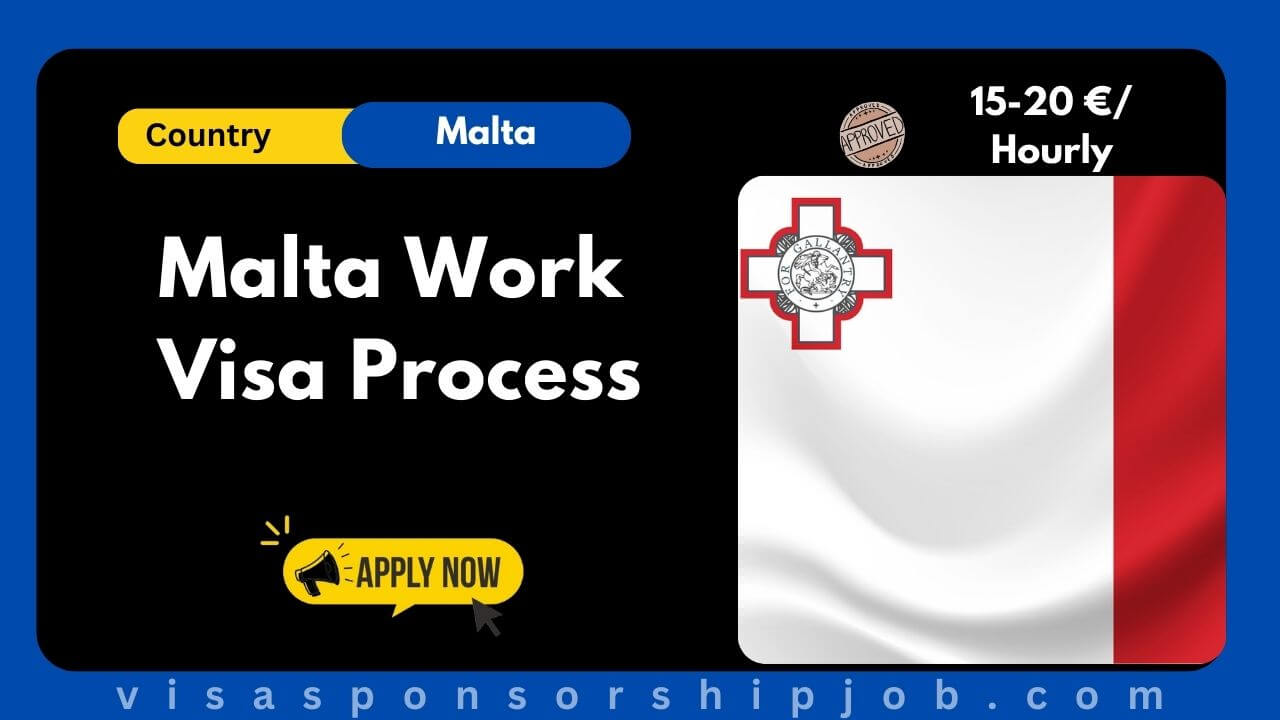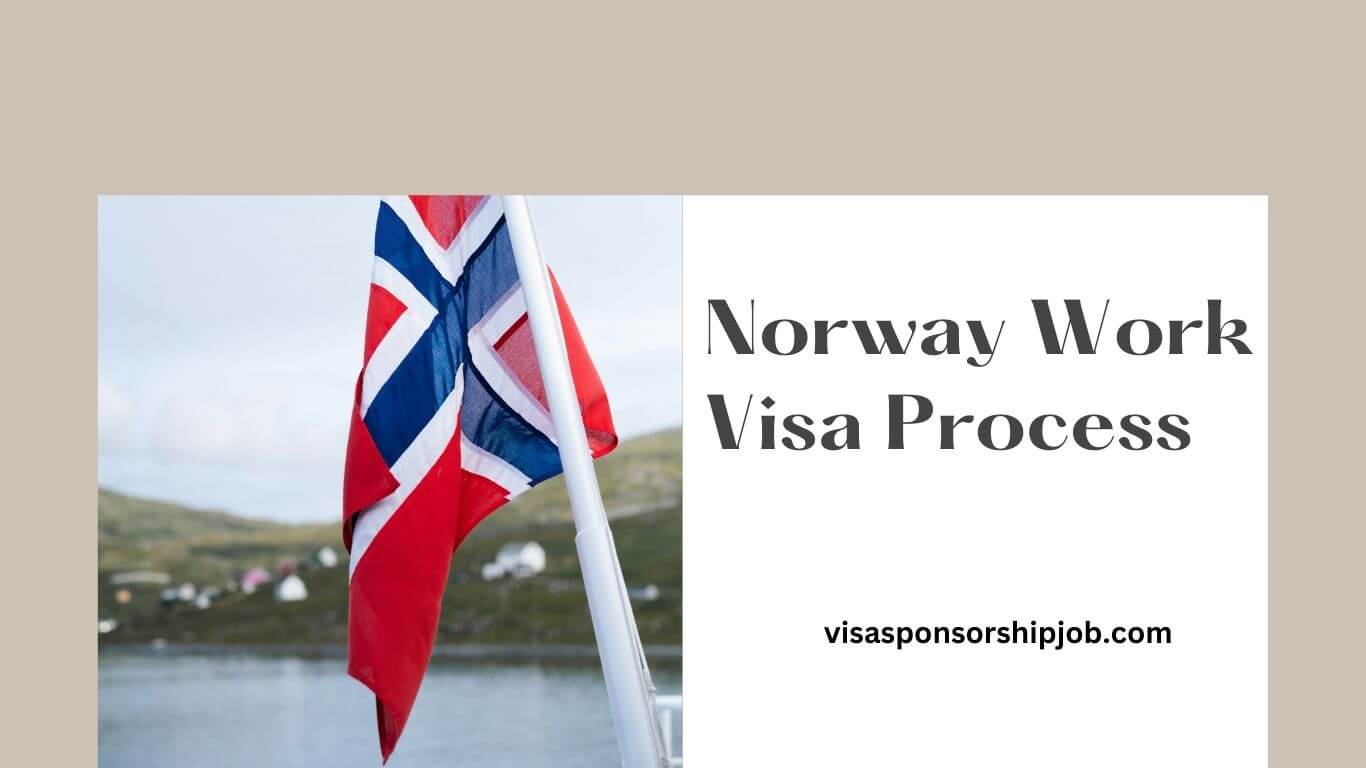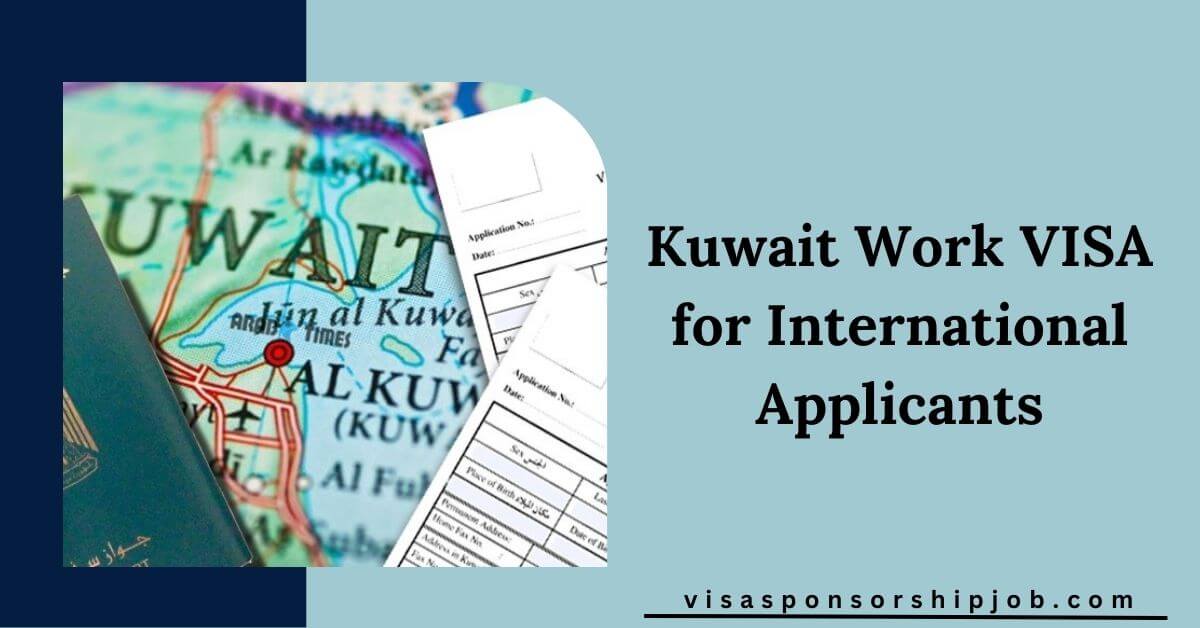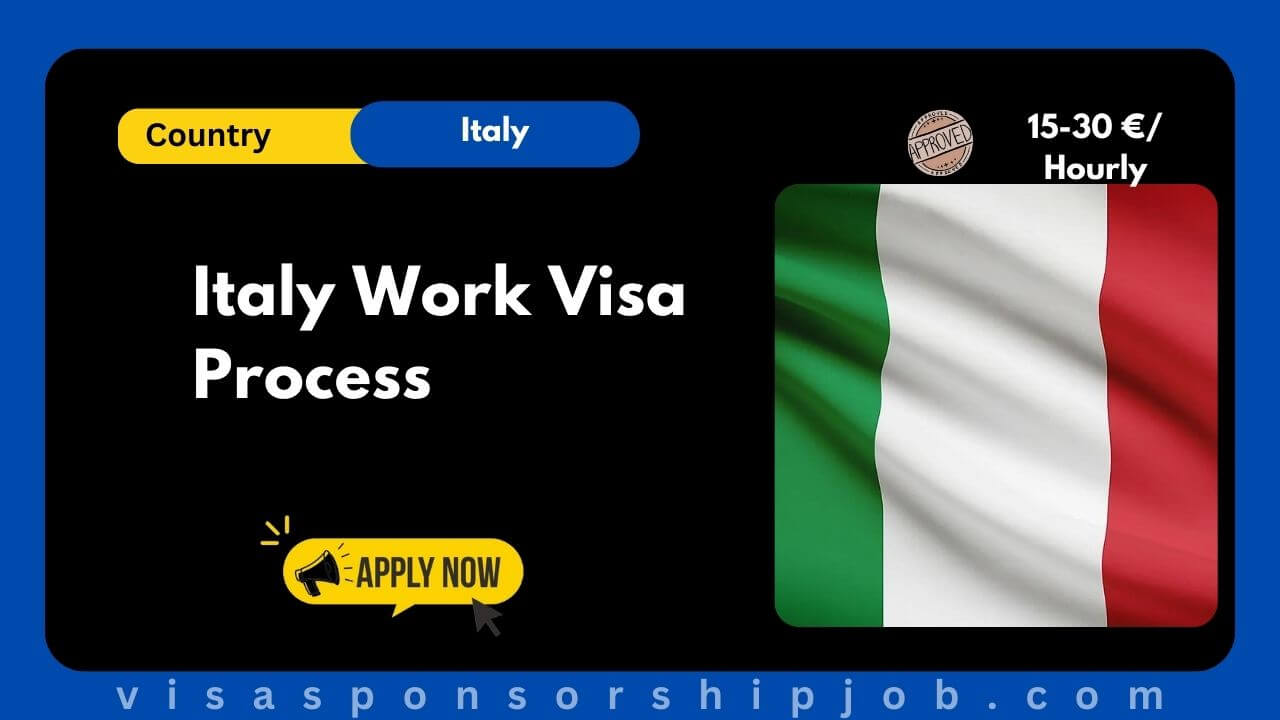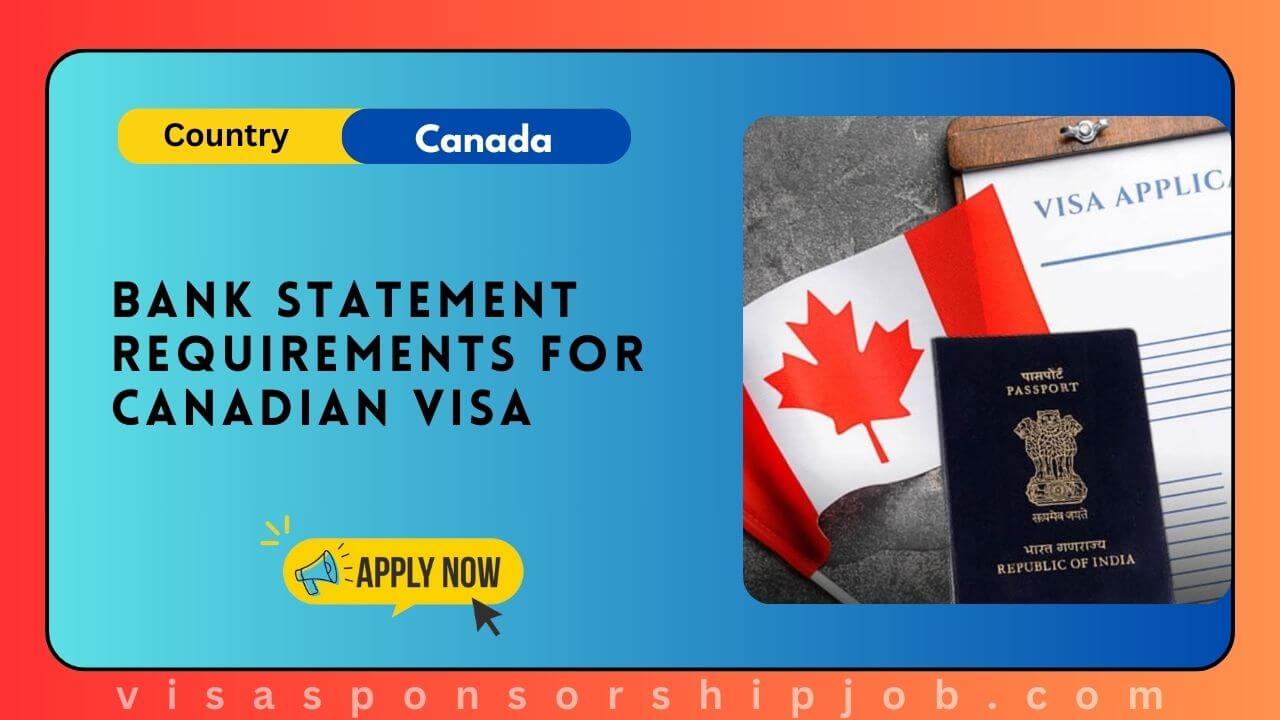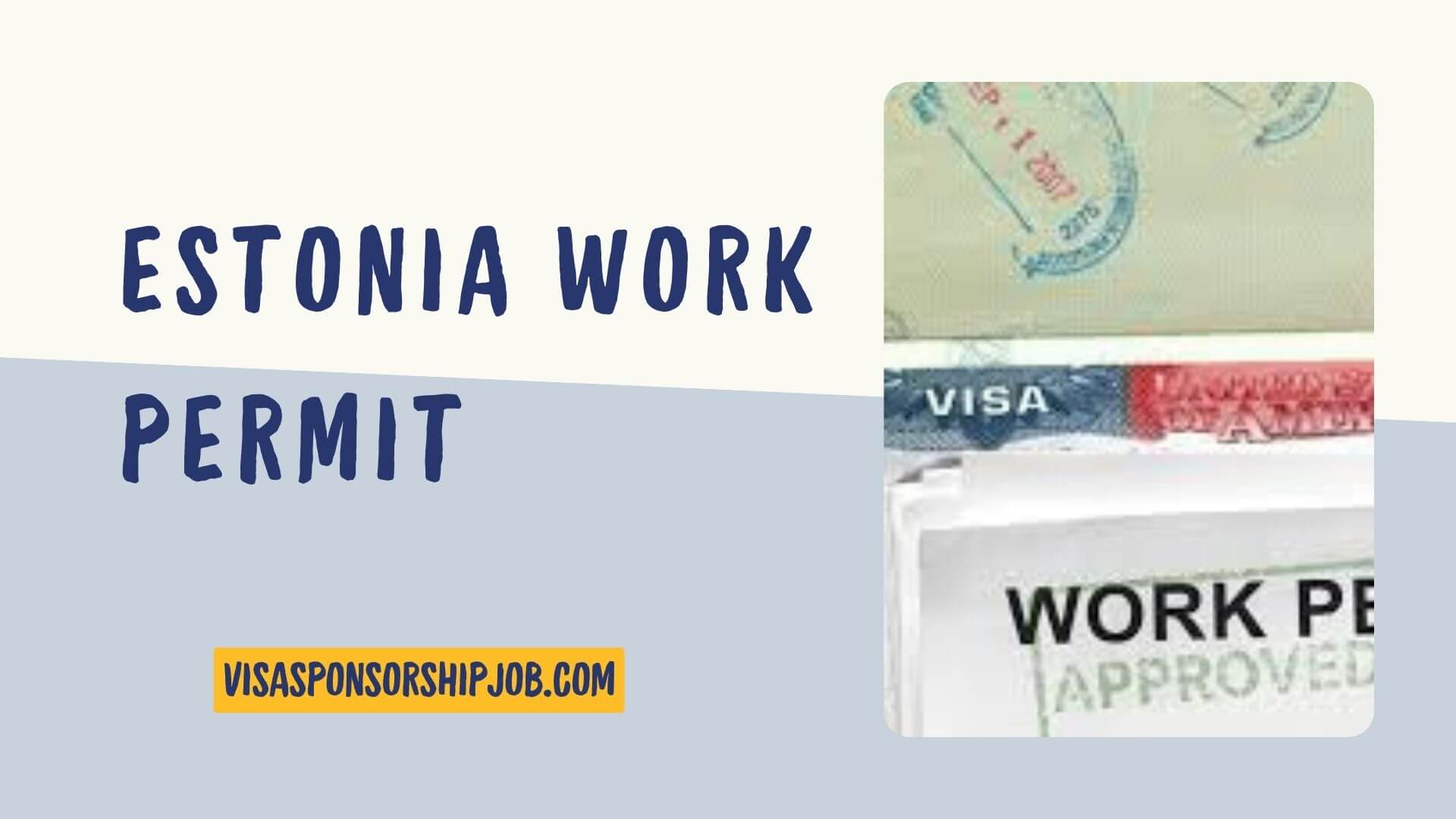Malta is a small but beautiful EU country that has drawn many international applicants in the last few years. Still on many people’s minds. It’s not too hard or complicated to move to Malta. This post will tell you how to get a work visa and what you need to do to get a work pass in Malta. The method is very inexpensive. Since Malta is a member of the EU, you will be able to get a Permanent Card after 3 years.
To work in Malta, everyone from a country that is not in the EU, EEA, or Switzerland needs to apply for a visa. The Maltese government has also created a visa for digital nomads that doesn’t require them to have a job offer in Malta. This is one of the most common types of visas. Below is more information about the Malta Work Visa, its different types, and how to apply for one.
Malta Work Visa Process 2026: Requirements
- If you plan to stay for more than 90 days, you need to apply for a National Long Stay Visa, also known as a D Visa. Foreign workers will need a work pass as well as a long-stay visa.
- To get a work visa for Malta, you have to decide what kind of work permit you want. Malta has three kinds of work permits and programs for people who want to live there.
Types of Malta Work Permits:
The types of Malta work permits are as follows:
- Single Permit.
- Key employment initiative.
- EU Blue Card.
Malta Singale Work Permit:
People who want to live and work in Malta for a long time are given this pass. A person must have a valid job offer from a company in Malta. The application can also be sent in by your company. It takes two to three months to process a single pass.
Malta Key Employee Initiative:
This visa is for people with a lot of skills and can be given out in just five days. For the Key Employee Initiative, you must make sure you meet the following requirements:
- Skills and work knowledge that are useful for the job.
- A salary of at least €30,000 per year.
- Make copies of your resumes from the jobs you’ve had in the last three years.
EU Blue Card:
The EU Blue Card is given to people who have a lot of education and are applying for jobs that require a lot of education. In 3 years, the Maltese government will give you a Blue card. After getting a “Blue Card,” you can live and work in any EU country.
Types of Malta Residency Programs: An Easy way to come
You can also bring your family with you to a training program in Malta.
- Visas for digital nomads.
- Program for Startups in Residence.
- program for permanent residency.
These residency programs are new ways for the Maltese government to bring in people from other countries. These are easier to get than the work permits for Malta. You can fill out the application online and mail your papers.
Check Also: How to Convert Canada Visitor Visa in Work Permit
Malta Nomad Residence Permit (Popular One):
- This is a pass for someone who can work from home. He or she can work for themselves, for someone else, or as a Freelancer.
- The Permit is for people who can use telecommunications tools to work from anywhere, regardless of where they are.
- You don’t need a job offer from Malta to get this Visa. You will get a residency card for nomads that is good for 3 years. After that, you can renew it, and after 5 years, you can turn it into a passport.
Benefits of Malta Work Visa Process:
- Access to the European Union: Malta is an active participant in the European Union (EU). By acquiring a work visa for Malta, individuals can gain entry into the EU’s Single Market, which grants unrestricted movement and employment within the Schengen Area.
- Diverse Job Opportunities: Malta’s economy is diversified, with flourishing industries including finance, technology, tourism, and iGaming. Possessing a work visa grants individuals the ability to secure employment in a multitude of sectors and industries, contingent upon their particular aptitudes and credentials.
- Ease of Application: The application process for a work visa to Malta is comparatively uncomplicated in contrast to the procedures of certain other nations. Work permits and visas are available in Malta in a variety of forms, including those for seasonal workers, self-employed individuals, and highly skilled laborers.
- English as a Working Language: The prevalence of English as a working language in Malta facilitates the integration of English-speaking individuals into the labor market and enhances their ability to communicate efficiently with clients and colleagues.
- High Quality of Life: Malta provides an exceptional standard of living owing to its temperate Mediterranean climate, picturesque coastlines, abundant historical significance, and dynamic cultural milieu. It is possible to pursue professional endeavors while enjoying a laid-back way of life by working in Malta.
- Tax Benefits: Malta is a tax-efficient location for international workers due to its enticing tax incentives for expatriates, which include tax rebates for specific industries (e.g., financial services and iGaming) and a fixed tax rate for non-domiciled individuals.
- Safe and Stable Environment: Malta’s reputation for political stability, low crime rate, and secure living environment instills confidence in families and individuals relocating to the country for employment purposes.
- Cosmopolitan and Multicultural Atmosphere: Malta is inhabited by an expatriate community comprising individuals from numerous nations, contributing to the country’s multicultural atmosphere. Working in Malta provides the chance to interact with individuals of various cultures and origins.
- Professional Development and Career Progression: Malta’s burgeoning industries and expanding economy provide opportunities for career development and professional growth. Gaining professional experience and honing essential skills in Malta can significantly improve an individual’s prospects.
- Gateway to Europe: Malta’s strategic location in the Mediterranean provides convenient access to other European countries for business, leisure, and travel, thereby establishing it a gateway to Europe.
Application Process for Malta Nomad Residence Permit:
If you are a freelancer, you can use the website to apply for the Malta Nomad Visa. Under a Link, you can find all the entry forms, FAQs, and information about how to apply.
Malta Permanent Residency Program:
Malta also has a scheme that lets people get permanent residency by investing. It will take 4 to 6 months to finish the process.
To View the requirements, Visit
Malta Startup Residence Program:
The Malta Startup Residence Program gives people a 3-year residence pass that can be extended for another 5 years. During that time, they can live in Malta while starting their own business.
Malta Work Visa Process 2026:
The process for getting a work visa and becoming a resident in Malta is pretty easy and clear.
- The documents you need to gather vary depending on the type of visa.
- Enter “Malta” and send in the form.
- Apply for a license to work.
- Get a work permit and start your job.
On the official website, you can find out everything you need to know about the residency program, including how to apply, what papers you need, and how much it will cost.
Frequently Asked Questions:
What Is The Malta Work Visa Process and Requirement?
If you plan to stay for more than 90 days, you need to apply for a National Long Stay Visa, also known as a D Visa. Foreign workers will need a work permit as well as a long-stay visa.
To get a work visa for Malta, you have to decide what kind of work permit you want. Malta has three kinds of work permits and programs for people who want to live there.Types of Malta Residency Programs
The types of Malta work permits are as follows:
Single Permit.
Key employment initiative.
EU Blue Card.What is the salary for a work permit in Malta?
Applicants must have a signed employment contract with a Maltese-registered company. The applicant’s position must have an annual gross salary of at least EUR 25,000 and be professional or technical in nature.
